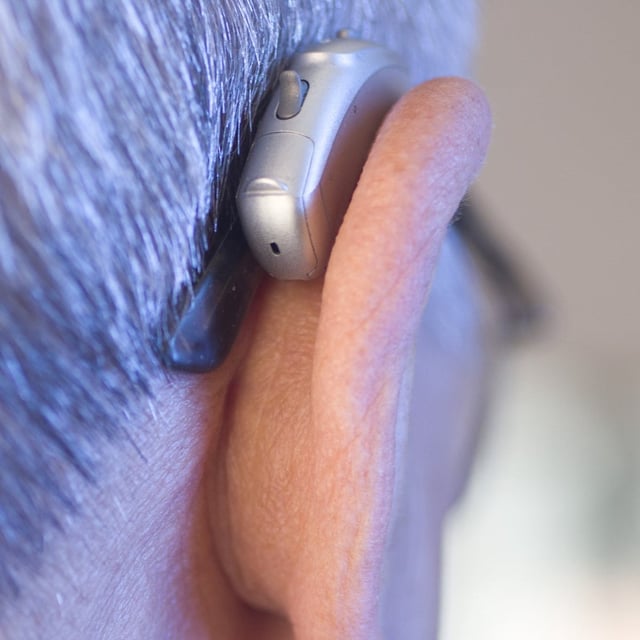Overview
- Early trials with hearing-aid users showed improved speech intelligibility despite a slight delay caused by overseas cloud processing.
- A camera in the frames tracks lip movements that are streamed via a smartphone over 5G to deep-learning models in Swedish servers.
- The EPSRC-funded collaboration brings together Heriot-Watt, Edinburgh, Napier and Stirling universities to advance audio-visual speech enhancement.
- Researchers are in talks with hearing-aid manufacturers and aim to launch a commercial version by 2026 to broaden accessibility.
- Developers also plan to publish their cloud-based AI model so any compatible device can tap into the speech-cleaning service.

